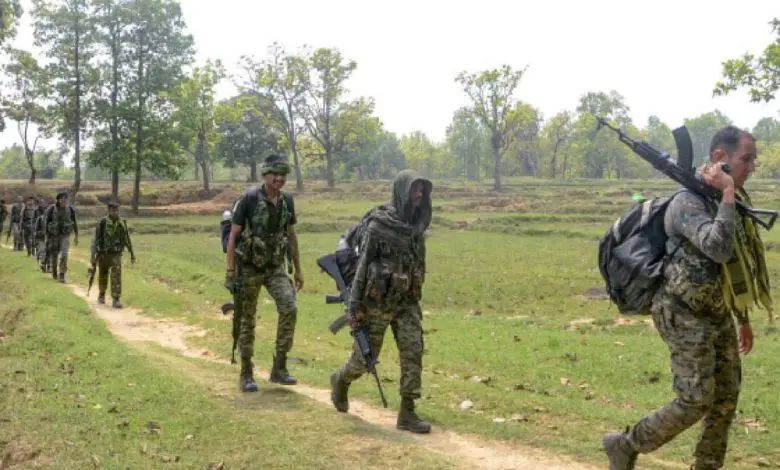
The sound of gunfire that has echoed for years in the dense forests of Chhattisgarh now appears to be fading. In Bijapur district, 158 Naxalites, and in Dantewada, 140, have left the jungle path, while just a day earlier, 77 in Kanker and Sukma laid down their weapons. This development is not merely a numbers game but a significant turning point in India’s internal security landscape. However, the interesting point is that these Naxalites do not consider it a surrender; they say they have handed over their weapons to the government and that their struggle will continue without violence by joining the mainstream.
Experts remind us that Naxalism, which originated from the 1967 Naxalbari uprising, still stands strong in tribal areas, using poverty, exploitation, and lack of development as its weapons. This problem is most severe in states like Chhattisgarh, where armed conflict in the name of Maoist ideology has claimed thousands of lives. Recent events indicate the success of the central government’s surrender policy and the state’s rehabilitation schemes. But the Naxalites’ statement that the struggle will continue serves as a warning.
Return of Naxalites to the Mainstream and New Challenges
This indicates that at an ideological level, Maoism is alive; they can now fight their battle through political platforms, trade unions, or social movements. That is, internal security agencies must remain vigilant, as peaceful struggle can also create instability! The impact of this development will be multifaceted. First, on the security front. The establishment of peace in the state will boost investment – in sectors like mining, forest products, and tourism.
The tribal community, which has been caught between Naxalism and security operations, can now join the mainstream of development. Under the government’s rehabilitation policy, these former Naxalites will receive jobs, education, and economic assistance, which will inspire others. But there is also a negative aspect to this impact. If these Naxalites continue their struggle even after joining the mainstream, it could affect democratic processes.

They could participate in local elections or form NGOs to fight for tribal rights, which is commendable; but if this becomes an extension of the Maoist agenda, it will prove divisive! Looking at future possibilities, this development could be a major step towards resolving the Naxal problem. If the government effectively integrates these former Naxalites into the mainstream, it will create a wave of surrenders.</p






